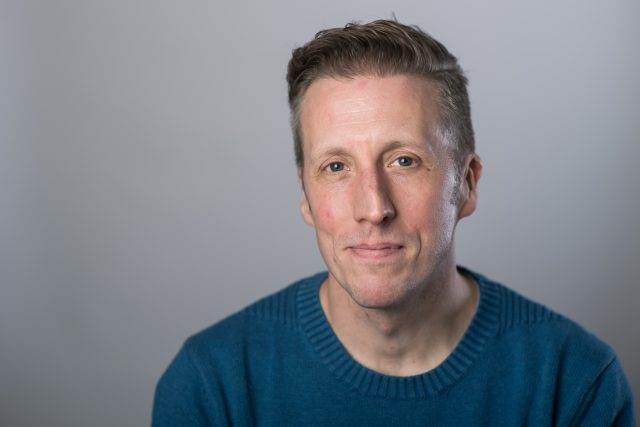At Talking Talent, we have long prided ourselves on our coaching-led approach. We feel it’s one of the (several) things that sets us apart in the world of building more connected, engaged and productive workplaces.. That’s not to say, however, that we don’t see value in training programs. In fact, we know that some organizations have found them to be effective.
What’s the difference? Let’s get into that…
The first thing to note, of course, is that neither is a bad option in moving your organization forward. When implementing belonging in the workplace, how you do it definitely matters. But what’s most important is that you are doing it. And each organization is going to be at a different place in its journey.
Broadly speaking, the differences come down to goals and structure. An easy way to think of it is this: A young person might attend a summer camp to learn how to play tennis or further their skill in the game. Meanwhile, pro tennis champ and 2023 Wimbledon champion Markéta Vondroušová relies on a coach to help her stay at the top of the sport.
The summer camp in the above example is similar to a workplace training program. The content and learning objectives are structured, with a well-defined curriculum aimed at imparting a knowledge that’s specific, but not specific to a person. You can imagine that at that hypothetical tennis camp, the skills and techniques your son or daughter might learn are the same as would have been taught if they weren’t there.
Training programs are designed to give you the tools and expertise needed to perform certain tasks or roles. They can cover a wide range of topics but are often great for onboarding new employees or other scenarios where you’d want consistency and uniformity in skills and knowledge. For example: developing technical proficiencies or maintaining compliance with company and role needs.
Building teamwork is often a part of the training program experience – indeed, that may be the whole point of some programs – but largely the flow of information is one way – coming from a trainer or facilitator who is usually an expert in their field. They provide knowledge, you take it in.
A coach, meanwhile, may be more interested in cultivating knowledge. Markéta Vondroušová’s coach isn’t teaching her how to play tennis or explaining certain techniques; she’s clearly already nailed that. Instead, the coach is working with her to improve, enhance, and better use the skills she already has.
In this way, coaching can be much more of a personal and personalized experience – tailored to the needs and goals of the individual being coached. There are some scenarios in which a coach may work with a team or small group, but more often than not it is a one-to-one situation. In either case, the coach works closely with the coachee(s) to achieve specific, measurable outcomes (eg, winning Wimbledon).
Once those goals are achieved, new goals can be set. In that way, coaching may not be as ‘finite’ as training; there aren’t necessarily a set number of sessions to attend. Maybe you’d work with a coach just once; maybe you’d work with them over a number of years.
That second scenario is at the heart of why many people develop a strong relationship with their coach, feeling they can turn to that coach again and again as they progress through their career. Good coaches (and ours are some of the best) create a safe space where people can share, open up, and discover new things about themselves. Feedback and guidance come freely, and coachees are encouraged to play an active role in their own development. This creates an atmosphere that leads to exceptional growth – professionally and personally.
Since the primary aim of coaching is to unlock an individual’s potential, it’s a great way to enhance leadership skills, improve performance, and navigate career transitions.
When trying to determine what your organization needs, it’s important to look at the whole of your organization – the entire system – rather than simply focusing on the most obvious problem areas. It’s entirely possible that parts of your business that initially appear to be working could be causing or exacerbating the issues in parts that aren’t working.
Making this kind of assessment requires a type of honesty and arm’s-length view that may be difficult for internal players. An external perspective may be needed to help an organization properly move forward.
And you can probably guess where that suggestion leads: a little pitch for the work that we do.
Over the past two decades, some of the world’s leading organizations have partnered with Talking Talent to create work environments that help people feel like they belong and encourage them to make their most valuable contributions. Connect with us to discover how we can help you foster a workplace culture of inclusion that gives voice to all perspectives and a thriving business.







